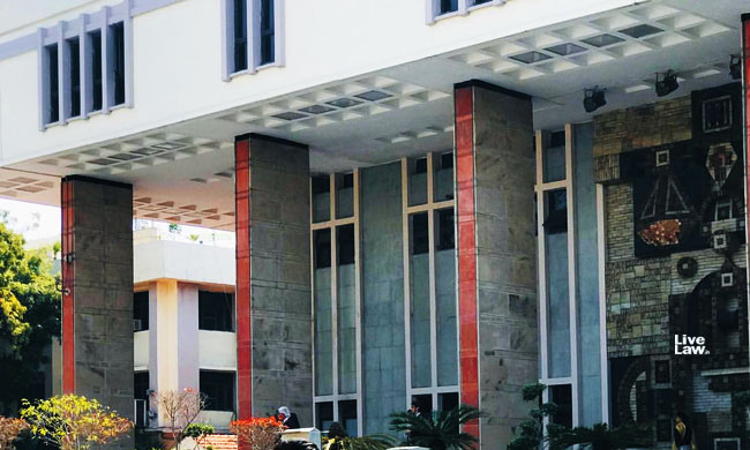DJS 2019 : Here Are The 9 Questions Corrected By Delhi High Court
Karan Tripathi
2 Oct 2019 9:53 PM IST

Next Story
2 Oct 2019 9:53 PM IST
The Delhi High Court on Tuesday passed a judgment wherein 9 out of the 15 corrections pointed out in the answer-key of the Delhi Judicial Services Exam have been accepted by the court. The Division of Bench Justice Muralidhar and Justice Talwant Singh also went on to order the High Court to reevaluate the marks on the basis of the corrected answer-key and release the...
